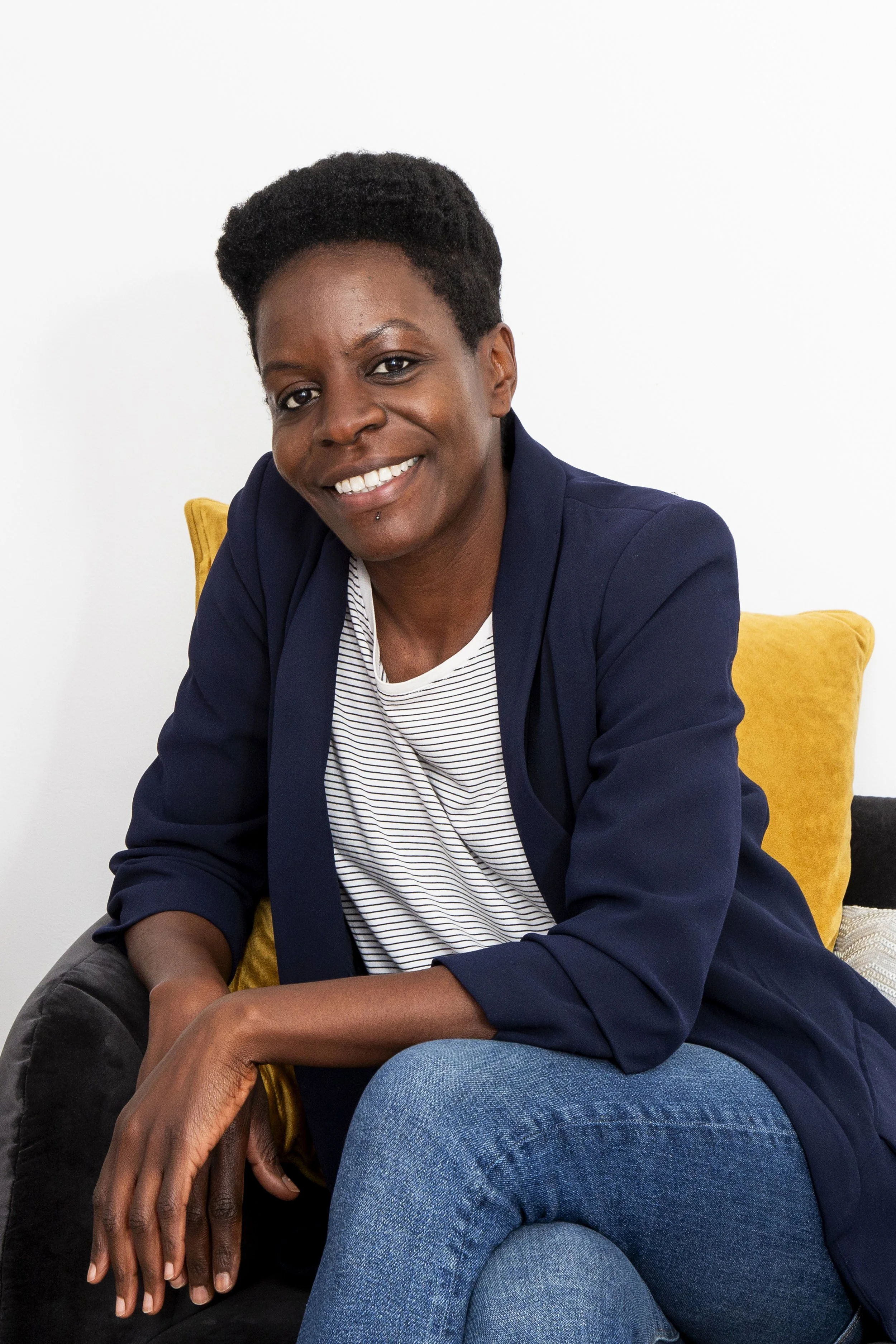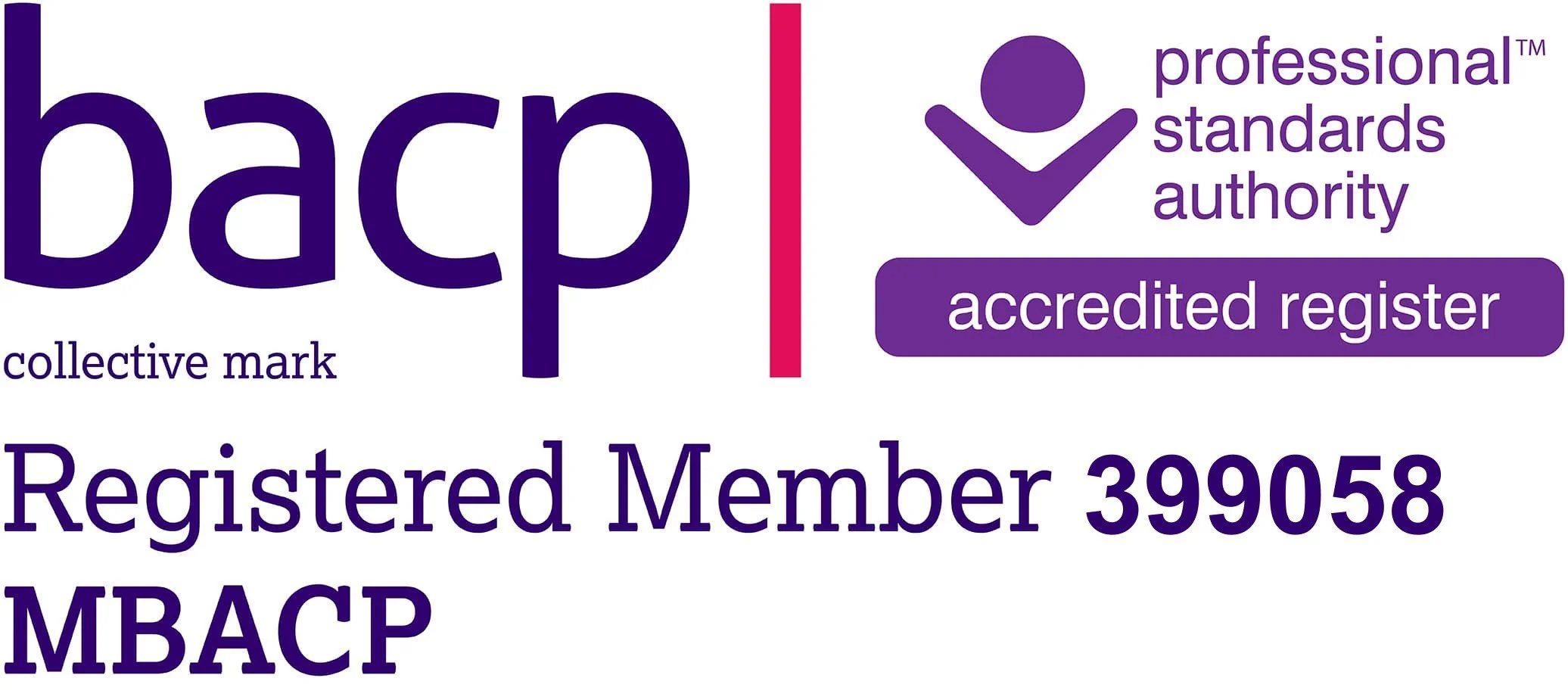
About Me.
As a British-born Nigerian with an interest in people and places, it is no surprise that my journey as a therapist began with a degree in social anthropology.
I then spent the next decade working in the media, for women’s magazines and news channels, which allowed me to continue discovering what makes people tick and honing the skill of unveiling untold stories – something that lends itself well to the role of a therapist.
Owing to these experiences, I am acutely aware of just how much culture and society shape our sense of self and have gone on to further explore systemic thinking through foundational training in family therapy and global mental health.
Extensive travel, living and volunteering in different countries have also reinforced this but, most importantly, have taught me how to relate to people at all levels with compassion and non-judgement.
My Approach
We are all unique. I therefore work with each client differently depending on individual needs and goals. Present in all my work, however, is cultural competence. Being a person of colour, I understand the importance of having someone understand your unique cultural background and can ensure this is what clients will be met with at all times.
As an integrative therapist, I draw on different therapeutic approaches to reflect the uniqueness and individuality of the client and their concerns:
-
I am with you every step of the way, however, I have full trust in your ability to find your own solutions. You are after all the expert on your own life and the person with the most knowledge of your experiences. My job is to create the right environment - one of non-judgement and acceptance - that will provide a means of growth and healing.
-
Psychodynamic therapy is derived from psychoanalysis and the theories of Freud. It will help you gain an insight into how past experiences, particularly those in childhood, your unconscious mind and impulses are impacting present-day feelings, behaviours and relationships.
-
With its focus on the here and now, Cognitive Behavioural Therapy (CBT) helps you identify cognitive patterns that are negatively impacting your emotions and behaviour. Once you become aware of these patterns, you can begin to change your behaviour and learn new coping strategies.
-
Somatic means ‘of or relating to the body’ and speaks to the intimate connection between mind and body. I therefore pay close attention to what’s happening physiologically, whether that’s tuning into sensations, finding ways to incorporate movement/exercise in your daily life or recommending somatic therapies.
Education & Qualifications
Registered Member of British Association for Counselling and Psychotherapy (BACP)
Postgraduate Diploma - Integrative Counselling & Psychotherapy (Roehampton University)
London Foundation Certificate in Counselling & Psychotherapy
BSocSc Social Anthropology (University of Manchester)
Learn more about how I work.
Book your free, 15-minute, no obligation consultation


